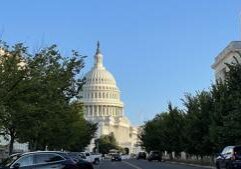
Congressional Perks: House account spending jumped 21% in 2022
Spending on U.S. House of Representatives office accounts increased by more than 85% over the past three decades but nearly half of that occurred since 2020, an investigation by The Center Square found.
The Members’ Representational Allowance (MRA) provides each of the 435 U.S. representatives in Congress about $2 million a year to pay staff, travel, buy equipment and run their Washington, D.C., and district offices, giving members wide latitude on how to spend the money within House ethics and administration committee rules. Districts receive different amounts depending on cost of living and distance from Washington, D.C., but lawmakers aren’t required to spend all of it – and some do not.
Each member is required to disclose his or her spending, and The Center Square found significant spending on private jet travel, luxury car leasing, meals and catering, questionable mileage reimbursements and subscriptions to news outlets that were recommended for cuts in the executive branch under the Department of Government Efficiency. There was also at least $50 million spent on partisan and issue-specific caucuses.
On top of about $810 million in 2024 for individual lawmakers’ office accounts, the House appropriates billions more for other operations of the House, including perks like a childcare center and an office of attending physician so members didn’t have to deal with waiting for a primary care.
David Williams, president of the Taxpayers Protection Alliance, a non-partisan, nonprofit that looks out for the use of taxpayer money, said there needs to be a review of all the Congressional spending after The Center Square told him about some of the disbursements detailed in the House office accounts.
“Serving the public should be, you know, public service. [In the past] it was somebody sacrificing something to come to Congress,” Williams told The Center Square. “Now you’re just showered with perks, with benefits, travel, car allowances, now a housing allowance. So it’s turned from public service to really enriching yourself as a member of Congress.”
Senate spends with little transparency
In the Senate, lawmakers get a lot more money per office – between $4.2 million and about $6.5 million, according to a Congress.gov report. But senators are a lot less transparent about what they do with it.
Instead of spreadsheets detailing the spending, the Secretary of the Senate releases PDF files of each office in alphabetical order and with no ability to sort by the top expenses or target specific types of expenditures.
The Center Square called the Senate secretary’s office in an attempt to determine annual spending totals since 1996, but the woman who answered the phone repeatedly said the office only releases the PDF disbursement information. She eventually transferred The Center Square to a voicemail, but no one returned the call.
Congress exempts itself from the Freedom of Information Act so there is no other official mechanism to obtain additional spending information.
Daniel Schuman, executive director at the American Governance Institute, a nonprofit that studies government processes and spending, provided The Center Square with data that showed spending to run the Senate increased 96% between 1996 and 2023. There was a nearly 20% increase in 2002 and an additional 16% between 2019 and 2023. The Center Square is planning to dig into the PDF spending of individual Senators in the near future.
Williams said the spending in the Senate should be at least as transparent as the spreadsheets in the House – if not even more so.”The Senate is the upper chamber, and they really look at themselves that way,” he said. “They look down on the House, they look down on everyone else. And, you know, they don’t believe that the same rules should apply for them.”Schuman said the House increases were not that substantial considering inflation and United States population growth between 1996 and last year.Inflation calculators show that the House’s 1996 spending levels were about $744 million in today’s dollars. The House spent about $65 million more than the inflation adjusted numbers in each of the last two years. Shuman noted the U.S. population has grown by about 70 million in the past three decades.”There are shenanigans in members’ offices over how they spend the money but there are also very real needs,” Schuman said, adding plans to cut the Government Accountability Office’s budget by 30% will be catastrophic. Representatives “don’t have enough people. Three policy people and there are 13,000 bills each Congress and members are on two or three committees in the House. The staff just can’t keep up.” House spending skyrockets
There were significant cuts to House office accounts by Tea Party Republicans between 2011 and 2013.
In that time, MRA appropriations in the U.S. House actually dropped nearly 19%, but in the past four years there were significant increases each year except from 2024 to this year, where appropriations remained flat. In 2022 alone, the House leadership approved a 21% increase in MRA accounts.
By comparison, between 1996 and 2021, the largest, single-year jump in MRA spending was 13.15% in 2002, according to a study by Congress.gov.
Ian Krager, a spokesman for U.S. Rep. Nancy Pelosi, D-Calif., who was speaker of the House when the 21% increase happened, declined to set up an interview with Pelosi but provided a 2022 statement the office sent out after the funding increase, praising more money for staff.
“As you know, our hard-working, patriotic Congressional staffers are integral to the functioning of the House of Representatives: ensuring this institution can effectively carry out our legislative and constituent responsibilities,” said the statement, which announced salary range for staff from $45,000 to $212,100. “To that end, we must do all we can to retain and recruit the best talent in our nation – and to build a Congressional workforce that reflects the communities we are honored to serve.”
The news release also touted the “21 percent increase in the MRA in the FY22 omnibus: ensuring every office has the resources to fairly compensate staff,” and the establishment of a “House Office of Diversity and Inclusion: helping make the House more inclusive, open and representative of the full range of voices and values of our communities.”
Making more than the boss
Williams, the taxpayer advocate, questioned whether paying staff more than the $174,000 House member base salary (the Speaker is paid $223,500 but every other elected leader falls below $200,000) is worth it when people seek jobs on Capitol Hill.
“If you’re making $45,000 or $75,000 you know that this is going to be a springboard for the private sector, and you can go from $75(k) to $200(k) easily, going into the private sector,” he added.
House rules regarding the MRA say the money can only be used for “official and representational expenses,” adding “The Commission strongly believes that private funds should be used only for politically related purposes.”
But the Committee on House Administration members handbook has very few limits on how much to spend on specific items and what isn’t allowed. The most-defined limits in the handbook are $1,000 a month maximum for leased vehicles, preapproval necessary for charter flights of more than $7,500, and that House members can hire 18 permanent staff and four shared, temporary or part-time employees.
Williams said the office accounts should be halved.
“There has to be a way to wean them off of this money,” he said. “And I think it’s really cutting their budget in half, at least, is starting that way.”
He also called for an inspector general or CFO to go over the accounts and find abuses whether they fail to comply with rules or are just excessive.
“It just grows and, you know, feeds into people’s cynicism of Congress,” he said. “This is not partisan. This is bipartisan. Republicans and Democrats are taking advantage of this, and that’s why there needs to be independent oversight, whether it’s a CFO, a Special Inspector General, there needs to be oversight into this.”
Latest News Stories

Mokena Residents to See Higher Water and Sewer Bills

Mokena Renews Traffic Signal Maintenance Contract at Reduced Cost

Meeting Briefs: Mokena Village Board for June 9, 2025
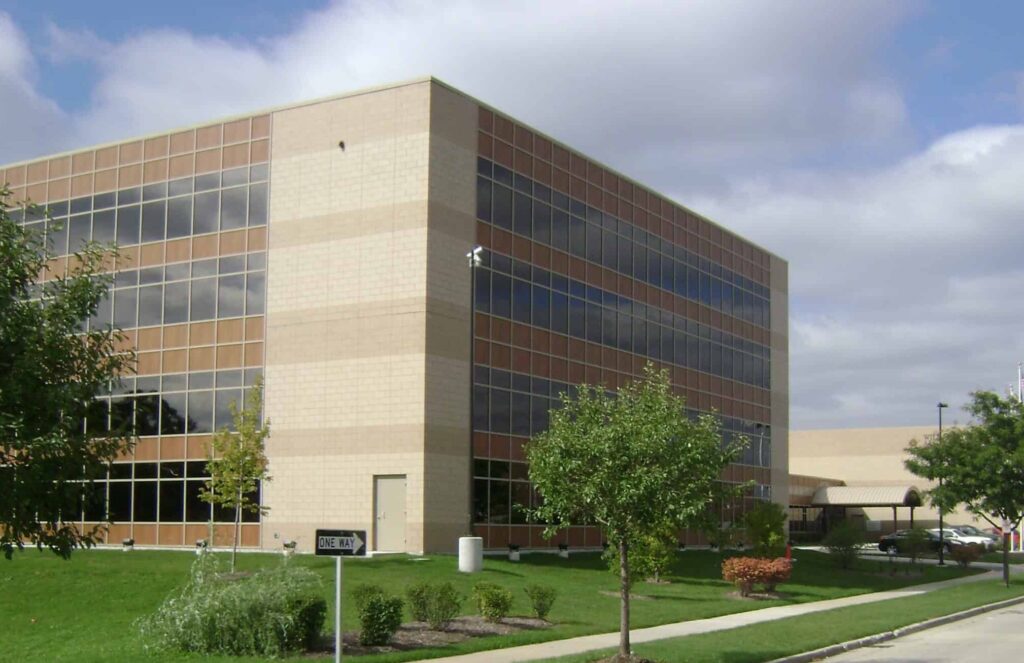
Will County Jail Faces Major Staffing Crisis as 70 Employees Eligible to Retire by 2030
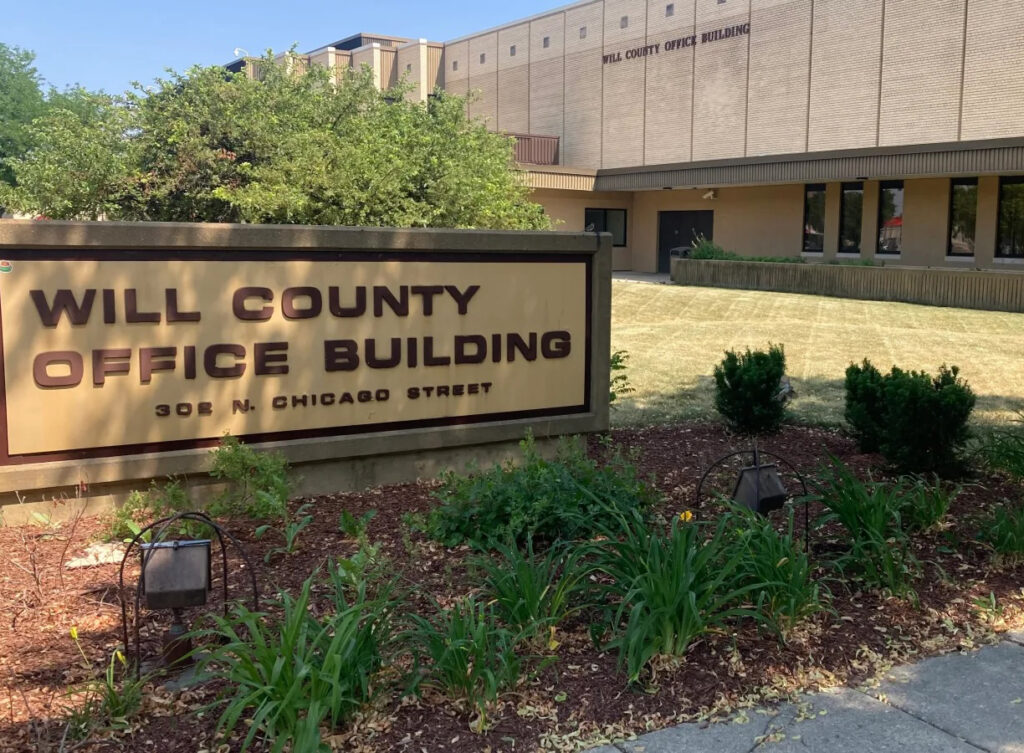
Will County Health Department Reports Sharp Decline in Overdose Deaths
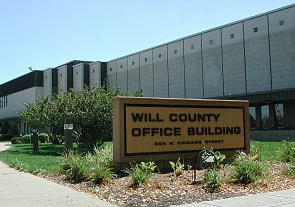
Will County Health Department Faces Funding Uncertainty as Federal Grants Under Review

Will County Land Use Meeting Briefs

Federal Reconciliation Bill Targets Medicaid, SNAP Programs
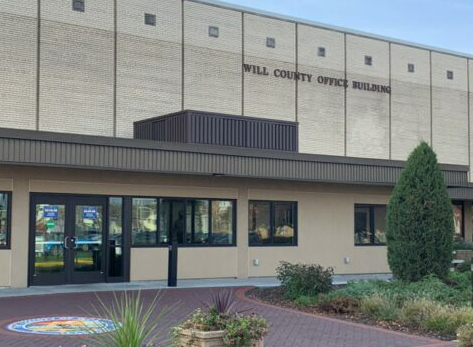
Will County Approves Modified $756 Million Transportation Plan Despite Terminology Debate

Will County completes major projects while others move forward

Will County Accepts $140,000 Developer Donation for Road Improvements

State Legislative Session Wrap-Up Shows Mixed Results
